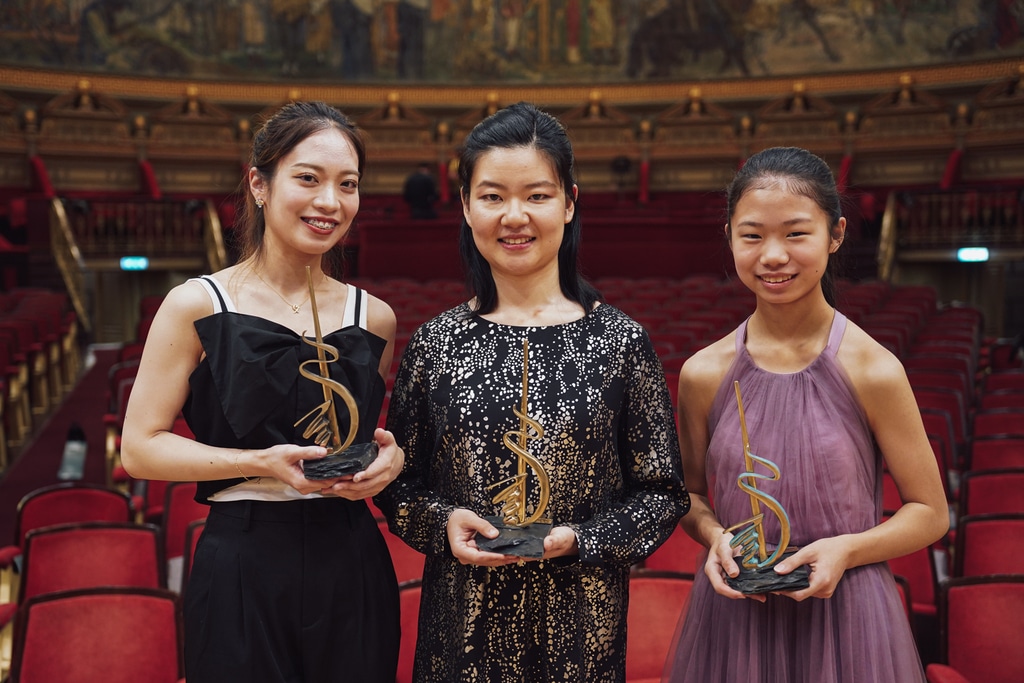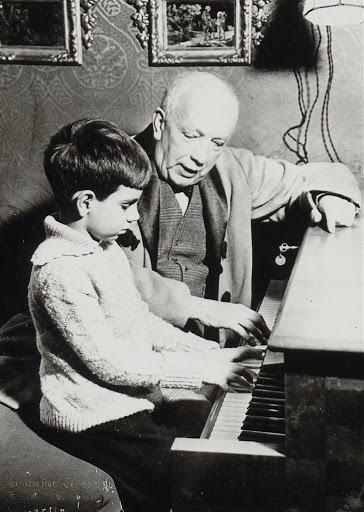US violinist wins all-female, all-Asian Enescu final
OrchestrasUS violinist Mayumi Kanagawa (centre among the finalists) has won this year’s George Enescu International Competition in Bucharest with a performance of Camille Saint-Saëns’s 3rd concerto.
Second was South Korea’s Hyeonjeong Lee, aged 13.
Japan’s Wakana Kimura came third.
The international jury was chaired by Dmitry Sitkovetsky.







Comments